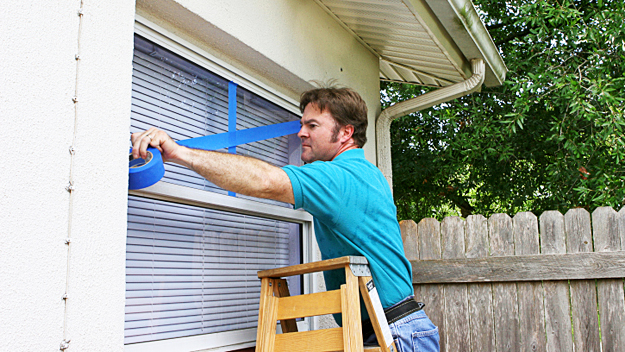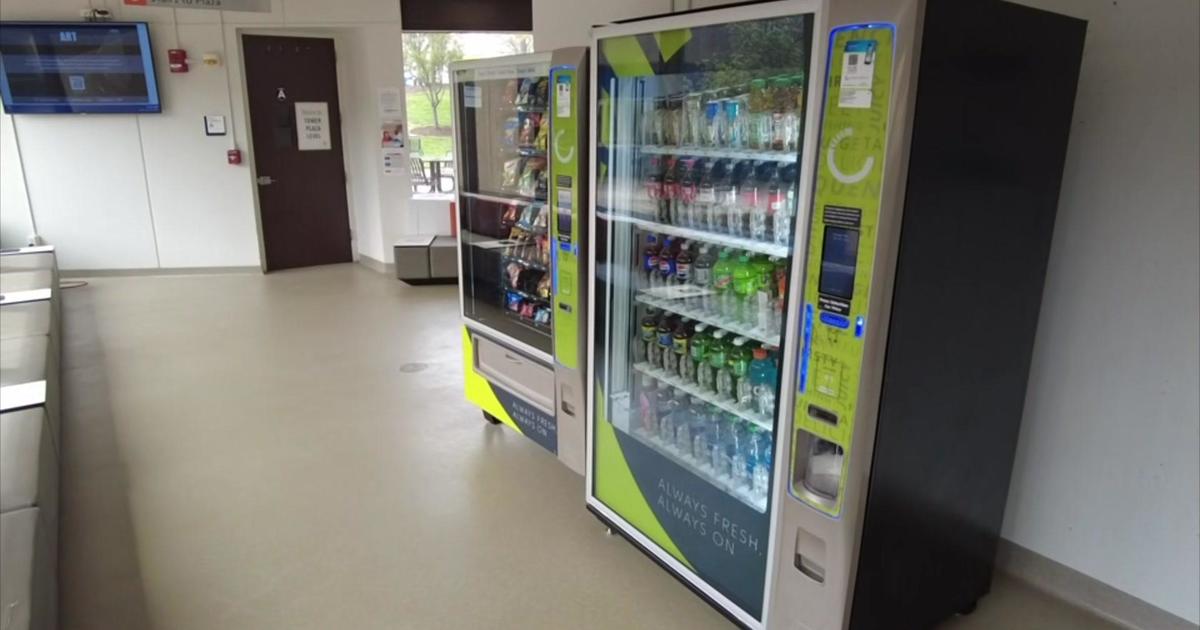How To Prepare For Hurricane Season
 (Photo credit: Thinkstock)
(Photo credit: Thinkstock)
Hurricane severity has accelerated over the past few years and with it, our fear of these storms and the damage they can do. It may be tempting to give into denial, thinking there is no way to fight a super storm, but lack of preparation can exacerbate the situation when severe weather rears its ugly head. Getting ready and being prepared can keep fear at bay, saving lives and property. You don't have to take to the bunkers. You simply have to follow these simple steps at the beginning of hurricane season.
Stockpile Supplies – Have enough non-perishable food and water on hand to last for one week in case you lose power and check your stockpile once a week to determine if anyone is dipping into the Oreos. One gallon of water per day, per person may sound like a lot, but it will go quickly if your local water supply is cut off or becomes contaminated. Don't forget your pets in an emergency situation. Have enough food and water on hand to comfortably sustain them without compromising your own water needs. Your stockpile should include necessary toiletries and sanitary supplies for all members of the household.
Prepare a Grab-and-Go Kit – Think in terms of how many individuals and pets are in your household and where their presumed whereabouts may be if evacuation is required. Decide if it is more feasible for each household member to compile their own, easy-to-carry kit, or have one or two large, family kits able to provide for the needs of everyone in the home. Either way, the kits should be easily accessible and contain:
- Non-Perishable Food
- Water
- Water Purification Tablets
- Toiletries
- First Aid Kit
- Flashlight
- Whistle
- Portable Radio and Batteries
- Important Papers such as ID Cards and Driver's Licenses in a Water-Proof Pouch
- Cash
- List of Important Names and Telephone Numbers in a Water-Proof Pouch
- Two Changes of Clothing for Each Household Member, including Ponchos, Rain Gear and Heavy Boots
- Universal Charger
If you will be evacuating by car, have at least one portable generator on hand to provide power on the road, or at the local shelter.
Establish an Escape Route and Communication Plan – Map out how you will contact each household member in the event of an emergency, where you will meet and how you will get there. In order to do this, know your evacuation zone category and the type of damage that may be predicted for your location, such as storm surges or tidal flooding. Make sure everyone in your household knows the local hurricane evacuation routes and shelter locations and practice traveling your route once a month. Create a plan for how children at school will be picked up and who will be responsible for communicating your location to other individuals. Also plan for how children, or individuals with mobility issues, will be evacuated and brought to safety if you are not at home.
Secure Your Home – Whether you are able to remain in your home or are forced to leave, securing your surroundings will help to lessen, or eliminate, hurricane damage.
- Check your home's exterior for anything that can become airborne during a storm and secure it tightly or bring it inside.
- Maintain your roof's health year-round to avoid losing shingles to high winds, and clear out any clogged or loose downspouts or rain gutters.
- Install straps or clips to fasten your roof to the house frame.
- Check your home's insulation from attic to basement to reduce water damage and leaks.
- Install an at-home generator to keep the power on.
- Trim trees and check for branches that look dangerous. Make sure your tree health is maintained year-round, and that dead or dying trees are cut down.
- Board up windows with permanent storm shutters or cut-to-fit marine plywood, or install impact-resistant, laminated glass.
- Reinforce the doors on your house, garage and outdoor structures such as sheds.
- Check your insurance policy to determine if your coverage includes flood damage.
![]()
Corey Whelan is a freelance writer in New York. Her work can be found at Examiner.com.
![]()
![]()
![]()
Learn more by visiting CBS New York's Storm Prep section




